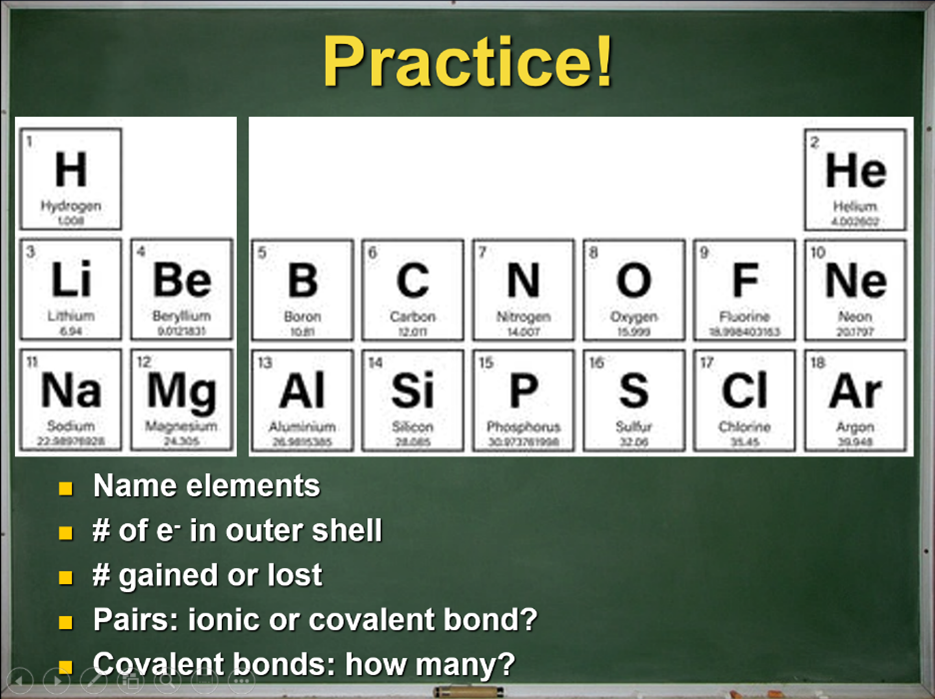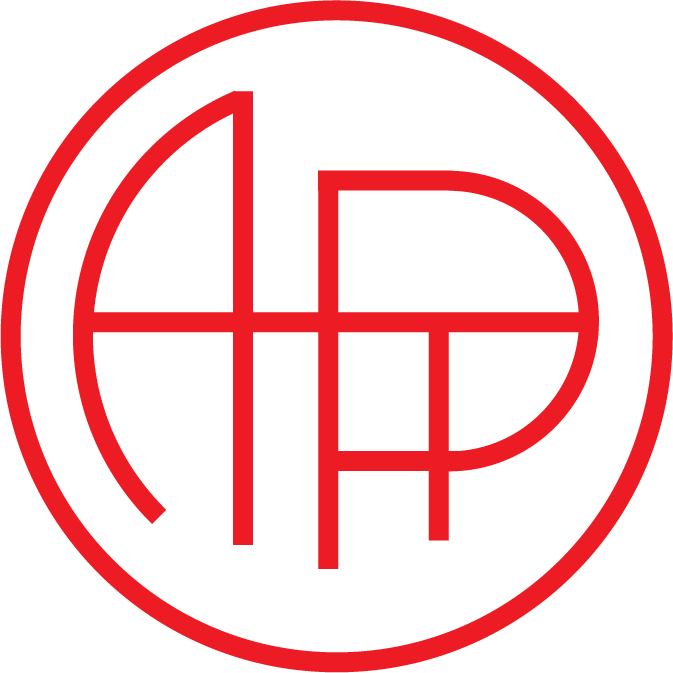By Chris Meyer, Past-President, OAPT
Chris_meyer1@sympatico.ca
Does it seem like students are getting slower and slower when working on a quiz? Do they behave like a gas, expanding to take up all the time for the test no matter how much time you provide? Why is this happening? The answer to this is likely complex. Students are more anxious and risk averse than in the past and are desperate to avoid “losing” any marks. These are cultural factors that are very hard for us to control. But another factor is that we don't train students to be fast! Speed or fluency is seldom an explicit goal of our science instruction.
The cognitive burdens of learning
We want students to develop the rapid execution of skills and reliable recall of disciplinary knowledge, but this is often sacrificed in classroom education to cover additional or more challenging material. When I first changed my teaching practices to an inquiry-based, constructivist model, I seriously underappreciated this facet of learning. As a result, with each new task or topic, the cognitive burden my students experienced became greater and they soon got bogged down when learning new material, and when they were solving problems (there were minor disasters and I had to reteach a whole unit on energy). Learning something new is tough: new information and ideas compete for space in our working memory. When prior skills and knowledge are not fluent or consolidated, executing those skills or accessing that knowledge takes up a lot of our sparse working memory. This causes the new ideas to become lost and makes learning difficult. A teacher's knowledge is highly structured and organized, so when we examine a task, it appears be composed of a few simple pieces. In reality, these pieces are often complex and nuanced. This causes educators to regularly underestimate the cognitive burden that students experience, and then we become surprised when students struggle! Developing skills and consolidating memory takes more time than we realize because we are blinded by our own highly refined skills; we all have a chronic case of “expert blindness”.
Experts know a lot, but why?
We want our students to progress in their learning, little by little becoming more like experts in our fields. Most experts have a large amount of disciplinary knowledge that they can readily access. This means our students need to do a lot of memorizing; this is unavoidable! The key pedagogical question is how to help students consolidate new knowledge so they can rapidly and reliably access it. To decide this, we should examine how experts come to remember things. Research into the development of expertise reveals that most experts have fairly average cognitive abilities. What distinguishes them is the careful training and deliberate practice they have completed over many years. When I reflect on my own science training, I suspect I have forgotten about 95% of what I learned, which is likely the same for most professionals. A few things stay, but most disappears with time. But what makes some knowledge “stick”? Not memorizing from study notes, that's for sure! Instead, it’s the regular use of knowledge and skills in a meaningful context; other knowledge is largely forgotten! (Well, it's a bit more subtle than that: we also develop skills that help us to track down those missing or forgotten pieces of knowledge very quickly; we know where to look.)
Building skills in music
It is interesting comparing science education with musical training. I am trained as a classical pianist, and in my training there were activities and exercises whose explicit focus was the accurate and rapid execution of complex musical skills, called studies or etudes, and simpler skills in the form of technical exercises (scales, triads and so on). A parallel of this exercise routine is not commonly found in science education. If it did, it would go like this: at the start of every practice (every science class), students would complete a set of exercises or questions that only change very gradually over time. The exercises are usually not complex, allowing students to focus on speed and accuracy. The goal is to build core skills to the point of fluency when they can be executed with little deliberate thought or effort.
Build your chemistry technique
In my science teaching, I try to focus on a core set of skills that slowly build throughout a unit of study. Even so, I found my students were still taking too long doing straightforward problems on quizzes. As a result, I decided to try something different that matches closely the musical model I mentioned above. During our grade 9 chemistry unit after we introduced the periodic table, I started each class with a few minutes of skills practice. I would show a slide with a nice, large periodic table and start to ask questions that students call out answers for, all together. Early on, there was not much variety in the type of question I would ask: what element is this? how many electrons does it have in its outer shell? In each case I would point to an element on the screen and I would say out loud, ”think, think …”, which is my reminder to students to pause and not say anything, and then I would point to the class to prompt them for their response. Here is the slide I used; it’s nothing fancy:

After each lesson, we add new skills to the practice. With a brand new skill, we pause to discuss the answer to make sure students employ a correct and efficient thinking process. With past skills that have received more practice, I eliminate the pause for thinking and instruct the students to call out the answer immediately. Gradually the skills become more complex and students improve their speed executing them. I never completely eliminate the practice of the easier skills, which serve as a quick warm up. At the bottom of my slide, you can see the list of skills that we eventually work through. With students wearing masks, it was tough figuring out who is calling out responses and who is not, but the resounding reply from the class suggested that it was most of them. My students seemed to enjoy the exercise. I haven't been teaching grade 11 physics as much in the last while, so I have on my to-do list the creation of quick warm-up exercises to build fluency in basic physics skills.
Fluency is an important educational goal
Exercises like our skills practice are what helps consolidate memory: repeated recall and execution with less cognitive processing each time. As fluency builds, the cognitive burden drops. This is also what helps students manage higher order thinking tasks: prerequisite skills need to operate fluently so they do not overwhelm short term memory and interfere with new learning. If I was carefully studying this educational experiment, I would have timed my students’ speed on their chemistry quizzes in the past and compared that with the recent one after our skills practice. All I can say is that it seemed like they went through the quiz at a pretty good pace. (The quiz results were still not as good as I would have liked. I think because of the regular in-class practice, students prepared less at home. As a result, they seemed to have more difficulty than usual on questions that did not focus on the skills we practiced daily. Teaching humans is complex!)
Test time!
To help students prepare for a grade 11 physics test, I am experimenting with repeated practice in problem solving: I have students practice in-class the solving of a lengthy problem (usually about one page of work) that they did on a recent quiz or in recent homework. I explicitly challenge them to focus on the rapid and accurate execution of their skills. Since it is just practice, they should push themselves to complete their work as quickly as possible, but without leaving out any detail that would be found in a high-quality solution. During all my tests and quizzes, I remind students of our work process: read the entire quiz carefully and underline the key ideas or facts; then return to the beginning and quickly and accurately make a first pass through the entire test; then return to the beginning and do a final check - never let yourself get bogged down!
The dazzling skills of experts
When we watch a virtuoso at work, they make everything seem so effortless; it is a sight to behold! I was almost gasping while watching the performance of the outstanding Icelandic pianist Vikingur Olafsson. Our students might be a long way from such lofty levels of performance, but we can get them a little bit closer and improve their learning experiences by helping them develop fluent skills.
Tags: Pedagogy


